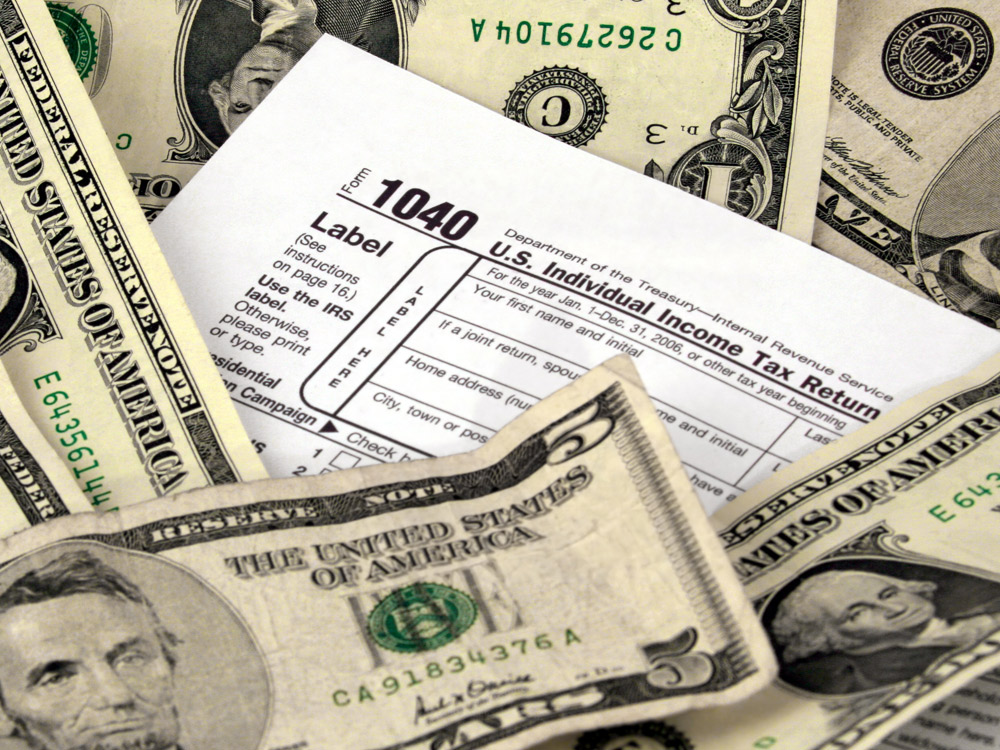The 2024 tax season is almost over and millions of Americans are finalizing their 2023 returns, which are due to the Internal Revenue Service by Monday, April 15, 2024. The IRS expects to have more than 128 million individual tax returns filed by that deadline.
As taxpayers navigate the challenges of tax season, the American Institute of CPAs (AICPA) wants individual filers to be aware of what’s new for this filing season:
- Standard deduction increases: the standard deduction amount for 2023 has increased for all taxpayers. Single or married filing separately: $13,850; married filing jointly or qualifying surviving spouse – $27,700; head of household – $20,800.
- Solar energy credit: this credit amount has increased to 30%. The credit is for the purchase of residential energy efficient property (solar panels, solar water heater, for example) between January 1, 2022 and December 31, 2032.
- Energy efficient home improvement credit: the credit amount was increased for tax year 2023 to cover up to 30% of the cost of certain energy efficient improvements and the $500 lifetime dollar limit was removed. There are limits on the annual credit based on the types of expenses. The maximum you can claim for certain energy efficient improvement is $1,200 and up to $2,000 for qualified heat pumps, biomass stoves or biomass boilers.
- Electric vehicle purchase: this clean vehicle credit of up to $7,500 is available for qualified vehicles. There are specific qualifications that must be met and information that must be obtained from the seller in order to qualify. Buyers may also be able to transfer their clean vehicle credit to the dealer.
- Used electric vehicle purchase: new for 2023, used electric vehicles may be eligible for a tax credit up to the lesser value – either $4,000 or 30% of the sale price of the vehicle. As with the new clean vehicle credit, there are requirements that must be met in order to qualify for this credit.
- Form 1099-K: If you’re self-employed and accept credit, debit, or prepaid cards or have payments processed by third parties, you may receive Form 1099-K for payments processed by those parties. This includes online sales on sites like Ebay, AirBnB and for those who are creators, influencers, rideshare drivers or have a side hustle. The IRS has delayed the scheduled reduction in the reporting threshold of Form 1099-K and reporting will be required for payments greater than $20,000 and more than 200 transactions during 2023.
- Retirement Plan Contributions: The maximum contribution limits for 401K plans increased to $22,500 for 2023 ($30,000 if you are 50 and over). The maximum contribution limit for traditional and Roth IRAs increased to $6,500 ($7,500 if you are 50 and over).
Filing season can also be a busy time for scam artists. Identity thieves may try to file your tax return before you have the chance to do so. The IRS states that they will NOT initiate contact with taxpayers by email, text message or through social media platforms to request personal or financial information. Take precautions to keep your information, especially your social security number, secure.
“It’s a good idea to have your return filed as early as you can to help avoid scams,” says Eva Simpson, AICPA Vice President for Tax Practice & Personal Financial Planning. “Start gathering documents early, get organized and don’t wait until the last minute to file.”
Taxpayers should see improvements to the IRS’ Where’s My Refund? tool this year. Some of the improvements include the ability to use the tool on mobile devices and to see more detailed updates. The new updates are aimed toward reducing the need for taxpayers to call the IRS for answers to basic questions.
Thanks for reading CPA Practice Advisor!
Subscribe Already registered? Log In
Need more information? Read the FAQs




